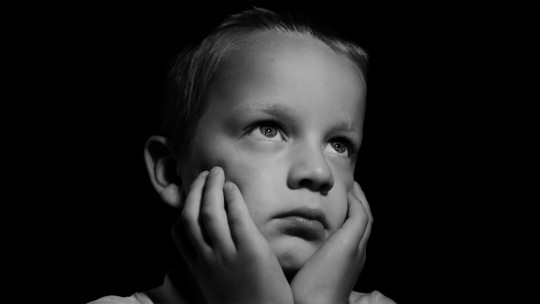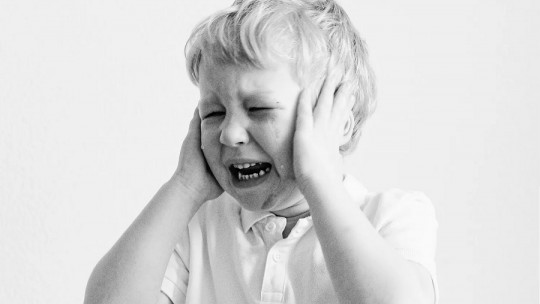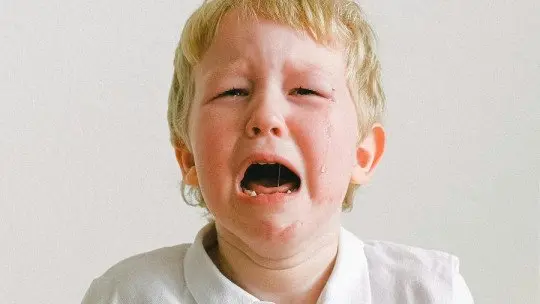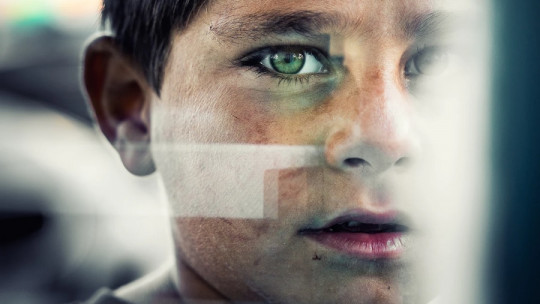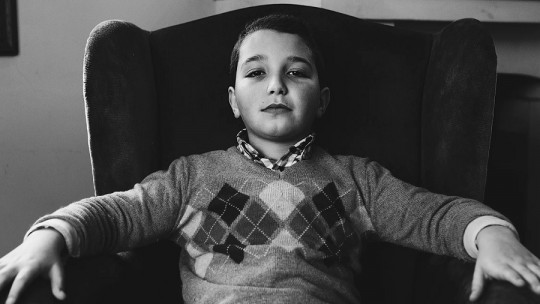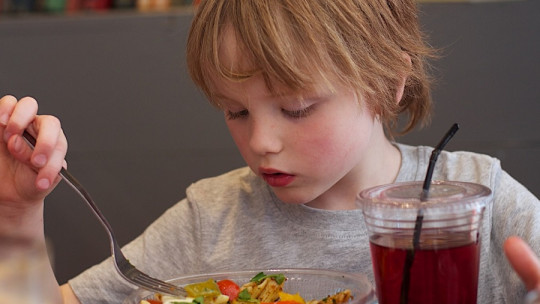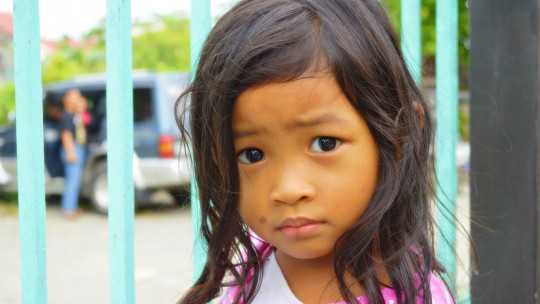
He physical punishment It has been, for many years, a normalized type of punishment. Until relatively recently, spanking was common practice in most families with young children; Even today it is easy to hear statements like “a slap in time never hurts.”
Fortunately, in recent years some psychological currents have gained strength, such as emotional psychology and positive psychology, which affirm that physical punishment is not the best option to correct behavior, due to the emotional impact it has on the person who receives it. And this is based on a large number of reasons, among which we find the following eight that we have proposed to explain today.
Let us begin.
1. Provides negative modeling
Our behavior directly influences the behavior of our children. This means that, if we use violence with them and/or in front of them, we will be favoring the normalization of this type of behavior so sooner or later they will internalize it and repeat it.
Physical punishment, as violent behavior, will be reproduced by our children as a viable way to get what they want. By being violent we educate our children to be violent.
2. We teach wrong problem-solving strategies
If we usually use violence to solve conflicts, We are teaching that violence is a good strategy to solve a problem yes Our son will use it in any problem that arises if he does not know other strategies with which to solve day-to-day problems.
3. We impose fear
As physical punishment is given over and over again, we are causing our child to end up being afraid of these reactions. This, in a short period of time, will lead to feelings of rejection towards their own parents
Given this, it is possible that the child begins to hide important information for fear of this type of punishment. This is another reason why domestic violence does a disservice to the psychological stability of children.
4. We make our child lose trust in us
Given the fear of leading to violent responses from parents, The child may begin to feel that he or she has no support from his or her parents but rather punishments and suffering.
This can make it difficult for the child to feel sufficiently empowered to communicate their problems and concerns with parents for fear of bad reactions and feeling even more misunderstood.
5. Loss of self-esteem
If physical punishment is given over and over again (especially if it is not accompanied by positive reinforcement for desired behaviors), the child may begin to internalize a feeling of disability increasingly powerful, which little by little will lower your self-esteem levels; The little one will end up thinking that he deserves physical punishment and that he will never be able to please his parents.
This is what is known as learned helplessness.
6. Physical punishment says what is wrong, but not what is right
For this reason, physical punishment is not a constructive method It warns that the triggering behavior has not been good, but does not offer correct alternatives to that behavior.
The child, therefore, will know that he has performed a behavior that his parents do not want, but will not be able to learn what behavior he should perform the next time the same situation arises. Therefore, physical punishment does not show how it can be improved, which increases the child’s confusion.
7. We teach that violence is useful in all situations, and that the strongest is the one who wins
We do not teach how to reason, nor how to solve problems in a friendly way. We teach that the strongest always wins and the weakest always loses
With violence, the child does not learn to respect authority figures, and this can cause serious problems, such as breaking rules. This can not only be a big problem when it comes to relating to others, but it can also trigger bad relationships with the law and with society.
8. Deteriorates family relationships
In discussions in which physical punishment is given there is unilateral non-verbal communication This communication is not favorable for any member of the family. Family members do not learn to dialogue and look for solutions that benefit everyone.
Some conclusions
These eight reasons show that Physical punishment is not a recommended method to modify behavior, since its unwanted side effects are notorious
Currently, psychology recommends other types of behavior modifiers that are much healthier and have no negative repercussions, such as withdrawing attention from unwanted behaviors and positively reinforcing good behaviors.

